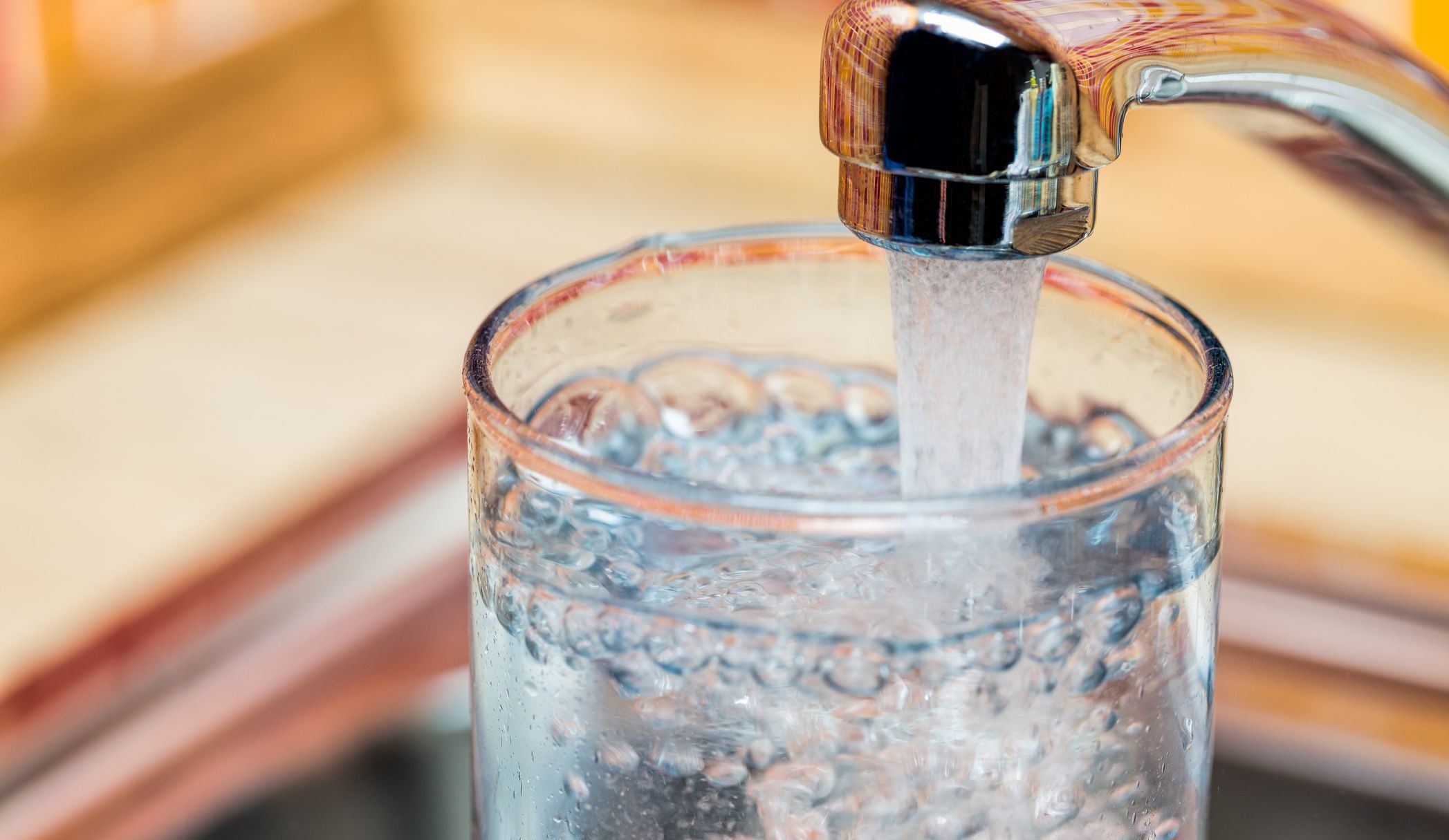Indigenous Services Canada has provided an update on progress toward clean drinking water in all First Nations communities. As of May 17, 2021, 106 long-term drinking water advisories have been lifted. In other words, reliable access to safe drinking water has been restored for 5,920 homes and 447 buildings in 77 communities since November 2015.
“We know progress cannot come quickly enough and one long-term advisory is one too many,” said Marc Miller, minister of Indigenous services. “One hundred and six long-term drinking water advisories have been lifted to date, and projects are in place to address each of the remaining advisories.”
Much work remains and projects are underway to address the remaining 53 long-term drinking water advisories in effect in 34 First Nations communities.
According to the Government of Canada, its commitment to improving access to clean drinking water on reserves now and into the future goes beyond lifting long-term drinking water advisories.
“Our commitment to improving access to clean water on reserves does not come with a deadline, nor is it limited to our work to lift all long-term drinking water advisories First Nations communities have now received the first installment of increased operations and maintenance funding,” said Miller. “These improvements will provide First Nations a predictable funding stream, which will assist them in making strategic plans for their communities.”
“We will not stop until every First Nation has clean water and we will continue to build the foundation for predictable, lasting solutions that support the unique needs of First Nations communities,” added Miller.
The Government of Canada recognizes that increased support for operations and maintenance (O&M) is essential to long-term sustainability of water infrastructure and preventing the reoccurrence of drinking water advisories in the future.
Investments announced as part of Budget 2019 and the 2020 Fall Economic Statement mean that Indigenous Services Canada will be increasing the annual funding it provides First Nations to support the operations and maintenance of water and wastewater systems on a permanent basis by almost four times.
With these investments, one hundred percent of water and wastewater operations and maintenance costs will be covered based on the O&M funding formula. This is up from the 80 percent previously covered.
First Nations communities across the country have now received additional O&M funding for fiscal year 2020-2021. For this fiscal year, the majority of O&M funding has been allocated to First Nations enabling the planning of O&M activities. Additional funding amounts will be communicated as early as possible to put communities in the best position possible for future planning of operations and maintenance.
According to the Government of Canada, it continues to make significant investments in long-term water-related infrastructure projects to support reliable access to clean drinking water and prevent drinking water advisories from becoming long-term. Since November 2015, the Government has invested in 694 water and wastewater projects in 581 First Nations communities. Sixty new water and wastewater treatment plants and lagoons have been built and 39 more are underway.
Progress on eliminating all long-term drinking water advisories on public systems on reserves
Since the Government of Canada’s last progress update on March 31, 2021, First Nations, with support from Indigenous Services Canada, lifted one long-term drinking water advisory.
Wahta Mohawks as of March 31, 2021: Wahta Mohawks lifted a long-term drinking water advisory affecting the Wahta Administration/Community Centre water system. The advisory, in place since September 2013, was lifted on March 31, 2021 following the construction of a new well and installation of a point-of-entry treatment unit. The water meets all applicable requirements. Indigenous Services Canada continues to work with Wahta Mohawk on a community-wide solution for sustainable access to clean water.
Additionally, since April 1, 2021, three short-term drinking water advisories, lasting between two and 12 months, were lifted before becoming long-term.









